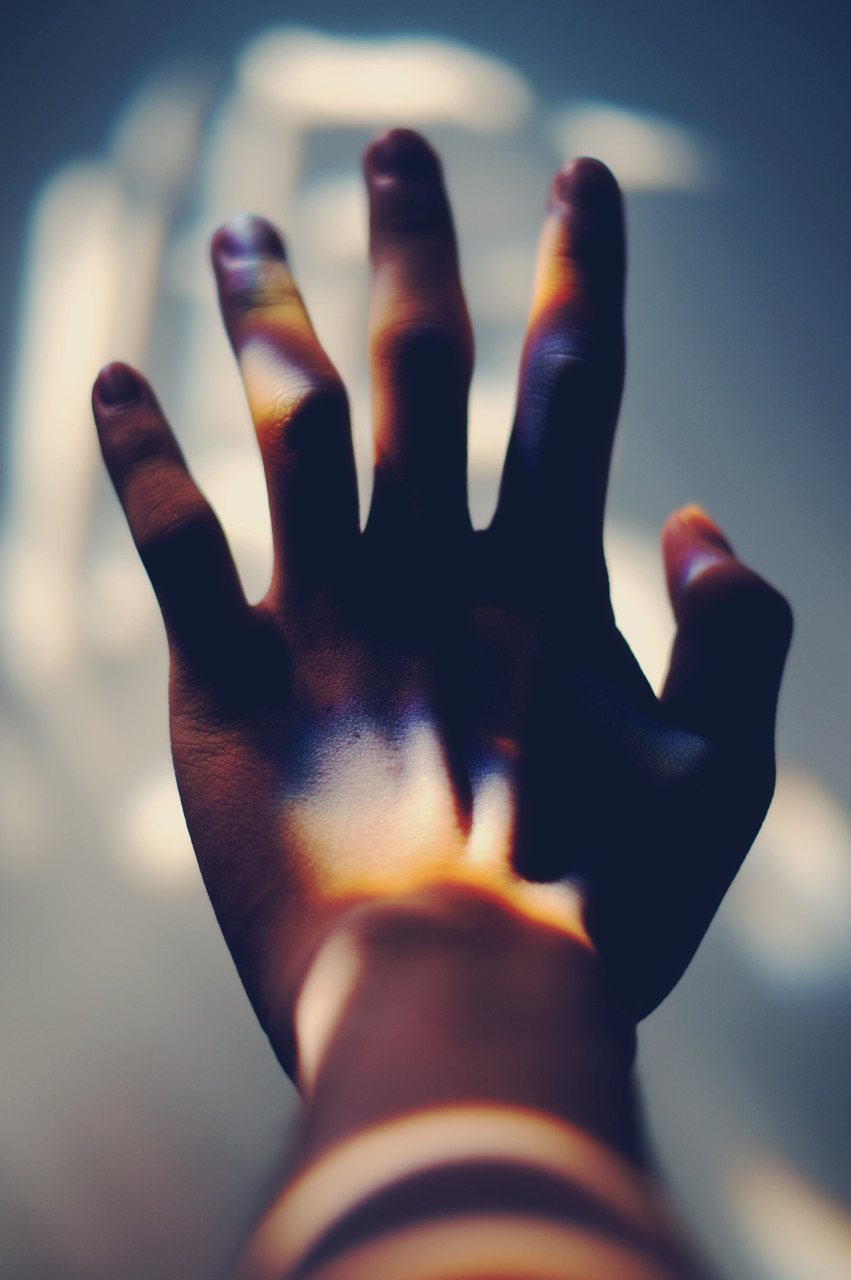I was really nervous to go see her in the hospital. Even though we’d shared so much, spent whole summers at each others' houses, riding our low-rider bikes around town, co-ordinating our outfits, and playing Super Mario Bros on bean bag chairs that spilled their styrofoam guts everywhere. We had gradually grown apart in high school. I resented her unsubtle attempts at fitting in with the “popular” girls. I wasn’t willing to be, what I perceived as, humiliated the way she was. Even if I did want them to like me, I would never have admitted it. She changed the way she dressed, started listening to different music, drinking a lot, and even obeyed their juvenile orders when they said she had to walk 10 feet behind them. I wasn’t sure who I hated more: them for doing it, or her for letting them. Either way, even though she started to hang around with them more and abandoned her social status as a “skater” (a label I’m still not sure I’ve outgrown), I maintained the feeling that she was my friend more than anyone else’s. Maybe because she was my friend first, or maybe because I felt like they didn’t understand her the way I did, or maybe because I just wanted it to be that way. Yet when I visited her in the hospital, I felt like I was visiting a stranger. Words abandoned the part of me that speaks them.
She sat propped up in her bed. A television mumbled from high up in a corner. I remember it being bright, she could see out into the world, but not truly be in it. I can only assume she spent months in that bed, as that’s how long she was gone from school, nearly a year. I remember the fact that her toilet had a bucket in it to catch whatever went in it because she wasn’t trusted to use it responsibly. They measured and regulated everything that went inside and everything that went out. I never asked her what that was like. I never asked her why she did it, or what she was afraid of. I probably just talked about things that were going on at school and asked her about the other girls on her floor. Talking about other people is always easier than talking about oneself, especially when the truth is uncomfortable. But the thing I regret the most is not telling her how much I missed her.
I began to miss her even before went into the hospital. I missed her when she started acting differently, losing weight and dramatically giving away all her food at school. She wasn’t the girl who had tried to drink milk through her eyeball or left fart bombs on my pillow. She wasn’t the friend who would skateboard with me for hours before going inside to eat white bread cucumber sandwiches. She wasn’t the person who did a wicked imitation of her Scottish dad: “Go shite up a trrree ya wee harry!” She was different. She wasn’t just losing weight, she was losing herself, and I was losing a friend.
I didn’t know it then, but I wasn’t a very good friend to her. I didn’t tell her how I felt, I just pretended I didn’t care. Pretending not to care is so much easier than feeling the pain, the loss, the heartbreak, but it limits your ability to love. Thinking back, I realize it was my own petty fears that got in the way of being there for her. For the same reason she stopped eating, I stopped expressing how I felt. What would people think? Will I be rejected? Will they think I’m weird? Get mad? That age comes with a bag of insecurities, and I let mine weigh me down.
It’s incredible to think about how much time we spend creating fears about these things, rather than sharing ourselves with the people we care about most. Or most importantly, just experiencing ourselves, in all our beautiful quirks and imperfections. I may never know what that year was like for my fifteen-year-old friend in the hospital, nor the years that followed when she went to new school and started a whole new life for herself, but I do know that I want to be the type of person who thinks about it. And cares.
